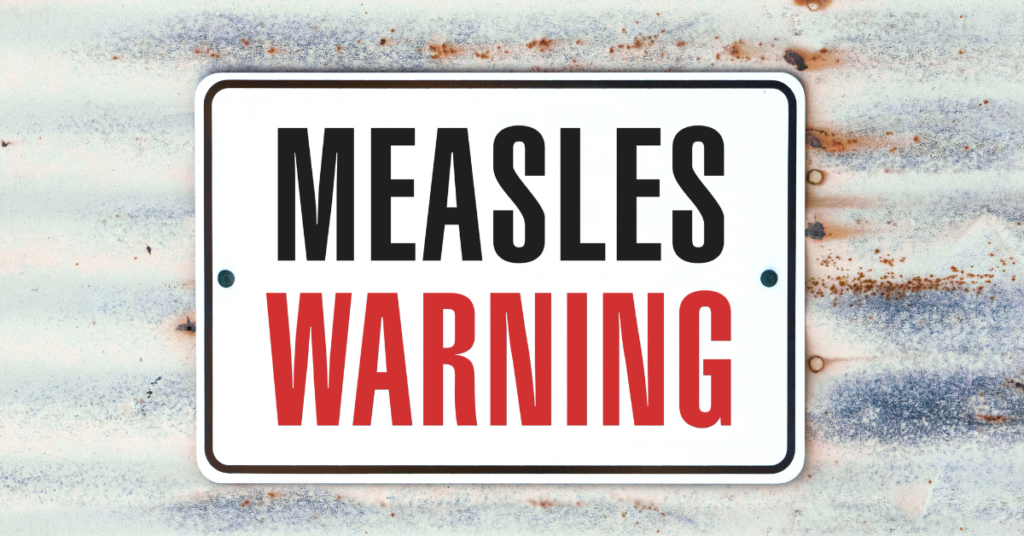Health authorities in Belgium have taken decisive action following the detection of a measles strain, similar to one fueling an outbreak in Morocco, in Brussels’ wastewater. This discovery, made by the Rega Institute at KU Leuven, has prompted the VivaLies health agency to issue a call for increased vigilance among medical professionals.
The measles outbreak in Morocco has raised international concern, with countries like Romania, Turkey, Switzerland, Austria, Italy, and the United Kingdom also grappling with infections. Travelers to these regions have been urged to prioritize preventive measures. The agency has highlighted that infants as young as six months can receive an additional measles vaccination, while older children are advised to complete their vaccinations early. Adults born after 1970 with uncertain vaccination histories may be eligible for free booster shots in Brussels.
Measles, a highly contagious viral disease, is more than just a rash of red spots. It weakens the immune system, paving the way for complications like laryngitis, bronchitis, pneumonia, encephalitis, and, in severe cases, long-term damage or even death. The virus spreads through respiratory droplets released during coughing or sneezing.
Dr. David Hercot, a medical coordinator at VivaLies, emphasized the importance of swift reporting and response. He noted, that since January 1, the Agency has confirmed 23 cases from 46 reported instances. Immediate reporting allows us to begin contact tracing and implement preventive measures within 72 hours of exposure, potentially halting disease progression.
Belgium is currently ranked fourth in Europe for reported measles cases, with 551 infections recorded in a year, according to the European Centre for Disease Prevention and Control.
This development serves as a stark reminder of the importance of vaccination and public health preparedness in managing outbreaks and protecting communities.

